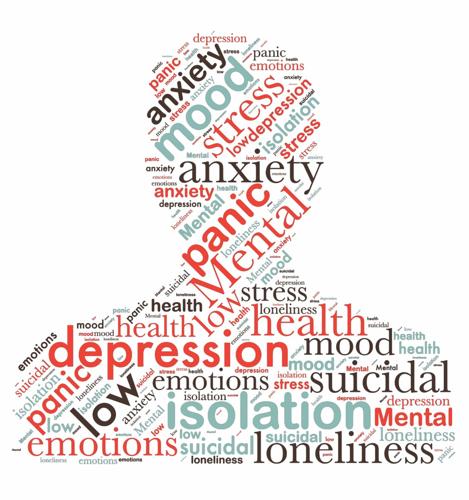- (405) 614-9450
- [email protected]
- 616 N Washington St., Stillwater, OK, 74075
How does Islam address mental health issue?
How does Islam address the treatment of individuals facing mental or psychological health issues?
Islam, beyond being a religion, positions itself as a comprehensive way of life. In the Islamic doctrine, the belief in God as the creator of mankind is fundamental. The Quran revealed to God’s messenger Muhammad (peace be upon him), is considered the divine word, containing the knowledge essential for humans to lead a virtuous and fulfilling life. Islam introduces a three-dimensional perspective to life, emphasizing the role of God, the Almighty, alongside human experience and life circumstances.
Mental health issues, among the significant challenges people encounter, are acknowledged in Islam, which emphasizes the need for guidance and support for those grappling with such concerns. While professional assistance is deemed essential, Islamic teachings advocate that spiritual support is also valuable, a perspective shared by many physicians and doctors.
Chapter 70 of the Quran touches upon the universal theme of human anxiety. Verses 19 to 21 state, “Indeed, mankind was created anxious. When evil touches him, he is impatient, and when good touches him, withholding [this good].” This encapsulates the inherent human struggle with worries about fate and the future. However, the Quran makes an exception in verse 22, stating, “Except for the observers of prayer.” Prayer is described as a means of connecting with God, providing solace and strength.
Moreover, verses 23 to 28 highlight the qualities of those who find relief in their connection with the Almighty: constancy in prayer, fulfilling the rights of others, giving to the needy, belief in the Day of judgement , fear of divine punishment, and guarding one’s private conduct. Extramarital relationships are cautioned against, as they contribute to anxiety and internal conflicts.
The Quran underscores the importance of maintaining a connection with God throughout various verses, emphasizing its role in alleviating the challenges and concerns inherent in human existence. This connection serves as a remedy for the mistakes and sins that individuals may commit, offering a source of comfort and support in times of hardship.
